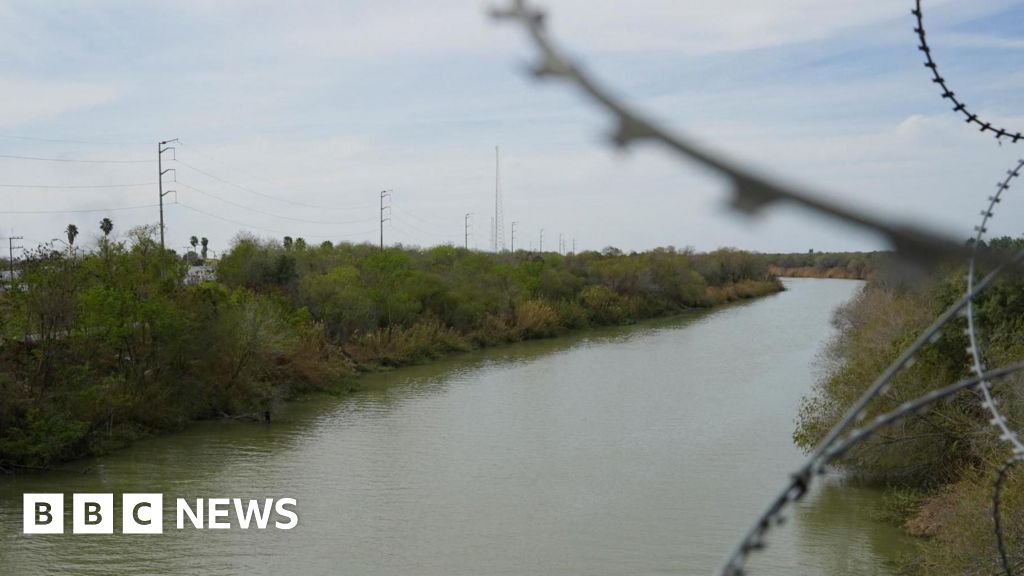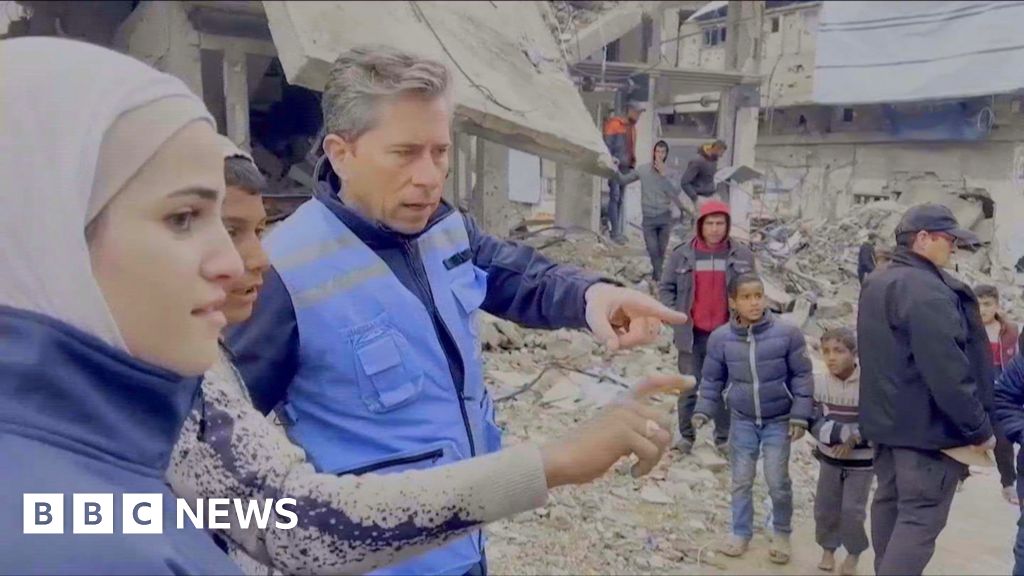ARTICLE AD BOX
Image source, Reuters
Image caption,The health ministry said most of those affected had chronic diseases like asthma or were elderly
One person has died and more than 5,000 people have been admitted to hospitals with breathing problems in Iraq after a seventh severe dust storm in a month.
A health ministry spokesman said 2,000 of the cases of "suffocation" had been reported in Baghdad province, according to the official Iraqi News Agency.
He advised people with asthma and other chronic diseases to stay indoors.
Dust storms are common in Iraq, but some experts believe they are becoming more frequent due to climate change.
Another storm on Sunday left dozens of people with breathing difficulties and grounded flights at airports serving Baghdad and the Shia holy city of Najaf.
Watch: Orange skies as Iraq hit by dust storm
Health ministry spokesman Saif al-Badr said on Thursday that all of Iraq's medical facilities were on alert and that the number of people admitted with respiratory problems was "not final", INA reported.
Most of those affected had chronic diseases like asthma or were elderly, and the majority were discharged after receiving oxygen and other treatments, he added.
Besides Baghdad, the western desert province of Anbar and the south-western province of Najaf were also badly affected.
Dust storms mostly hit Iraq in the summer months, when they are often associated with strong winds known as shamal blowing in from the north-west. In western Iraq, shamal-driven dust storms occur mainly in the spring.
Image source, Reuters
Image caption,Experts believe dust storms are becoming more frequent in Iraq due to climate change
Last month, an environment ministry official warned that Iraq could face "272 days of dust" a year in the coming decades.
The storms are expected to become more frequent due to drought, desertification and declining rainfall.
In recent years, Iraq has seen record low rainfall and summer temperatures regularly exceeding 50C (122F).
Iraq's water reserves are already 50% lower than last year, and the water resources ministry has warned that vital Tigris and Euphrates rivers, which provide most of the country's surface water, could dry up within 20 years.
Not all droughts are due to climate change, but excess heat in the atmosphere is drawing more moisture out of the earth and making droughts worse.
The world has already warmed by about 1.2C since the industrial era began and temperatures will keep rising unless governments around the world make steep cuts to emissions.

 3 years ago
76
3 years ago
76








 English (US) ·
English (US) ·